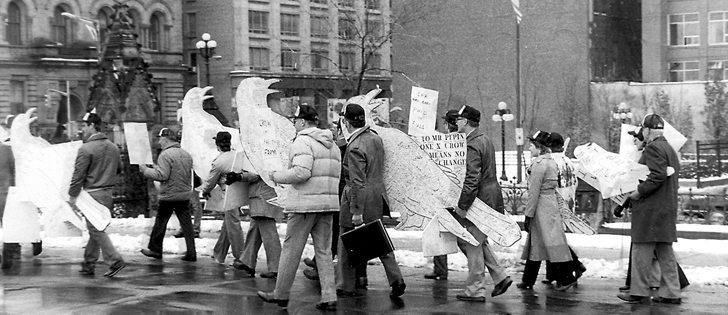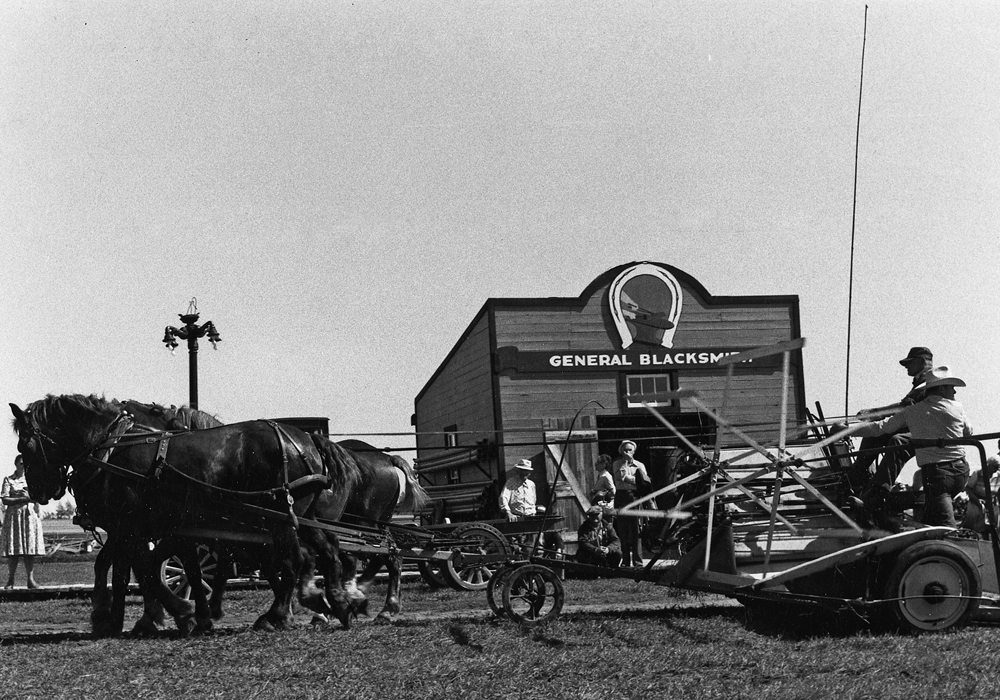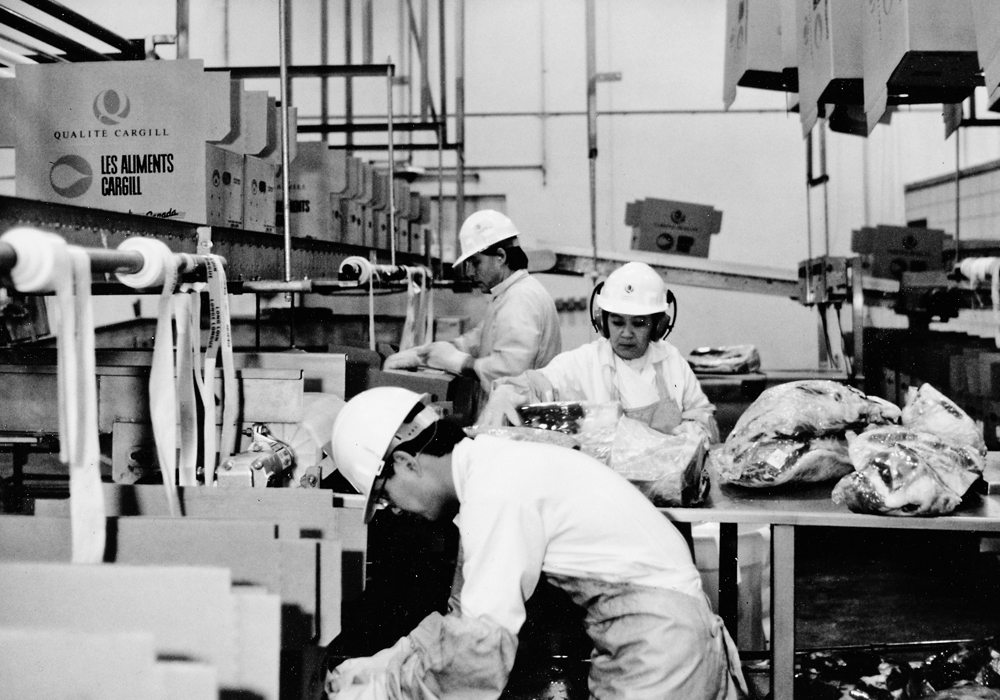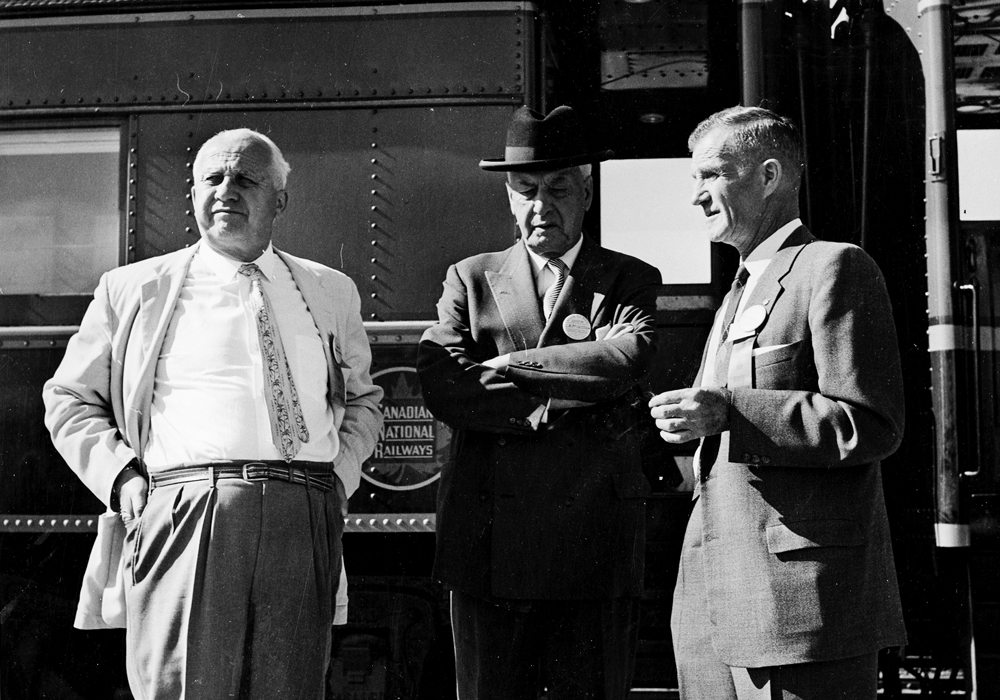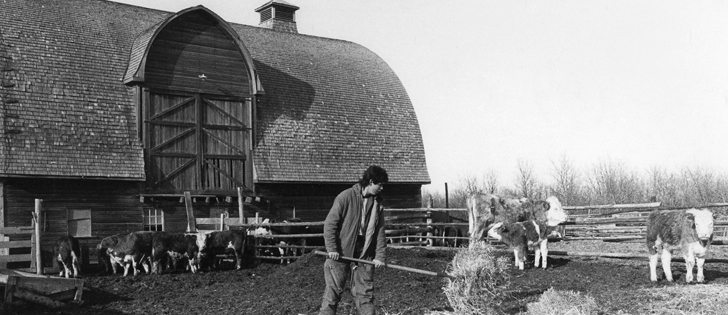The Western Producer takes a weekly look at some of the stories that made headlines in issues of the paper from 75, 50, 25 and 10 years ago.
75 years ago: May 9, 1940
The Prairie Farm Rehabilitation Administration was operating 40 completed community pastures comprising 896,000 acres, and another 10 pastures were expected to be operating by late summer.
Jas. B. Davidson of Kane, Man., explained how he and his neighbour, George Millar, built a silo using snow fences and tarpaper to store cut corn for ensilage.
50 years ago: May 6, 1965
Read Also

Farmer ownership cannot be seen as a guarantee for success
It’s a powerful movement when people band together to form co-ops and credit unions, but member ownership is no guarantee of success.
Two thousand placard-carrying farmers marched on Parliament Hill to demand higher price supports and federal policies aimed at a better standard of farm living. Prime minister Lester Pearson declined an invitation to attend a rally held at the Chateau Laurier, instead inviting a small delegation to meet with him. The farmers refused and hit the streets.
The Alberta Weather Modification Co-op, the Alberta Federation of Agriculture and the Alberta Research Council formed a hail liaison committee to better co-ordinate hail suppression efforts. The co-op was experimenting with large-scale cloud seeding projects in south-central Alberta in an attempt to suppress hail.
25 years ago: May 10, 1990
Don McLachlan, an economist from the University of Calgary, argued that the western Canadian pork industry would be better off with one large, modern packing plant rather than several small, weaker ones.
The federal government’s plan to introduce a system of plant breeders’ rights moved closer to reality when the House of Commons voted to move the bill to final debate. The NDP wanted the bill to limit PBR to non-edible plants, but that, and other opposition amendments, were rejected by the government.
10 years ago: May 5, 2005
The federal Competition Bureau exonerated the country’s meat packing companies from charges that they manipulated prices to illegally benefit during the BSE crisis.
The Saskatchewan Court of Appeal set aside the convictions of 22 farmers who had been found guilty of illegally exporting grain to the United States nine years earlier. The charges had been part of a bitter fight against the Canadian Wheat Board’s marketing monopoly.
However, the Conservative party was one year away from making government, which would change everything.

